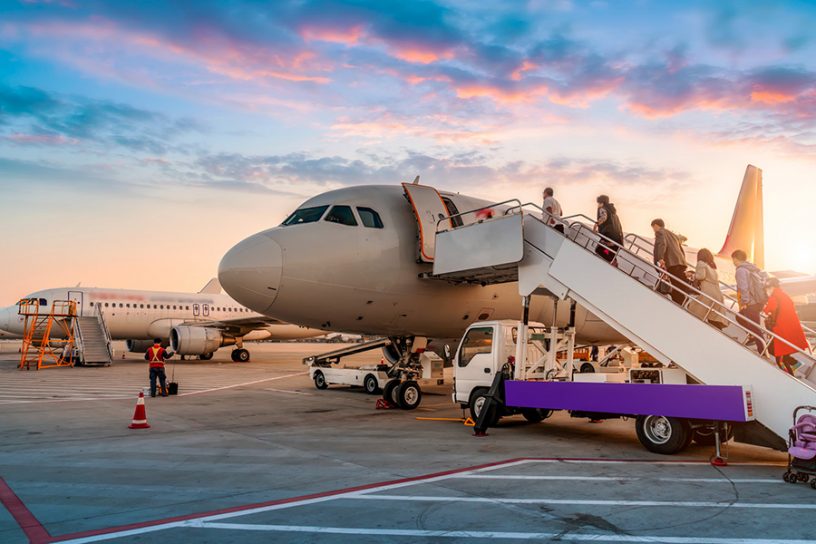
The findings reveal that under government interventions, taxation does help improve the greening level of the channel in both coordinating and non-coordinating agreements.
Authors
Aasheesh Dixit, Indian Institute of Management Lucknow, Lucknow, India.
Patanjal Kumar, Assistant Professor, Jindal Global Business School, O. P. Jindal Global University, Sonipat, Haryana, India.
Suresh Kumar Jakhar, Indian Institute of Management Lucknow, Lucknow, India.
Summary
In this paper, we examine the effect of various agreements between a socially concerned airport and an environmentally conscious airline regarding their profitability and channel coordination to decarbonize the aviation sector under two distinct settings. First, we consider no government interventions, and second, we explore government-imposed taxation to curb emissions. Our analysis shows that the revenue sharing and linear two-part tariff agreements coordinate the decentralized airport-airline channel.
Our findings also reveal that under government interventions, taxation does help improve the greening level of the channel in both coordinating and non-coordinating agreements. However, coordinating agreements can achieve a higher greening level than simply imposing government taxation. Finally, we extended the model to include a duopoly airline market with pricing and greening competition. We analyze the effect of airline competition on airport utility, airline profit, ticket fare, and greening level.
Published in: Transportation Research Part D: Transport and Environment
To read the full article, please click here.


